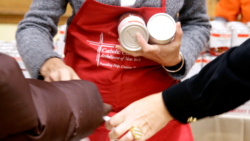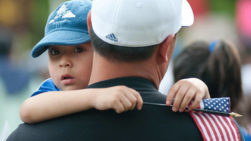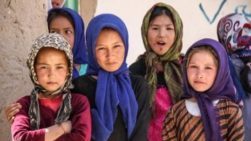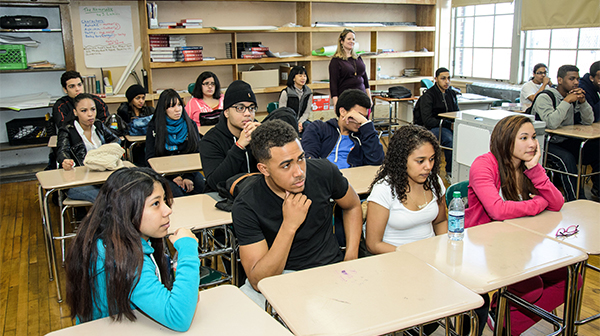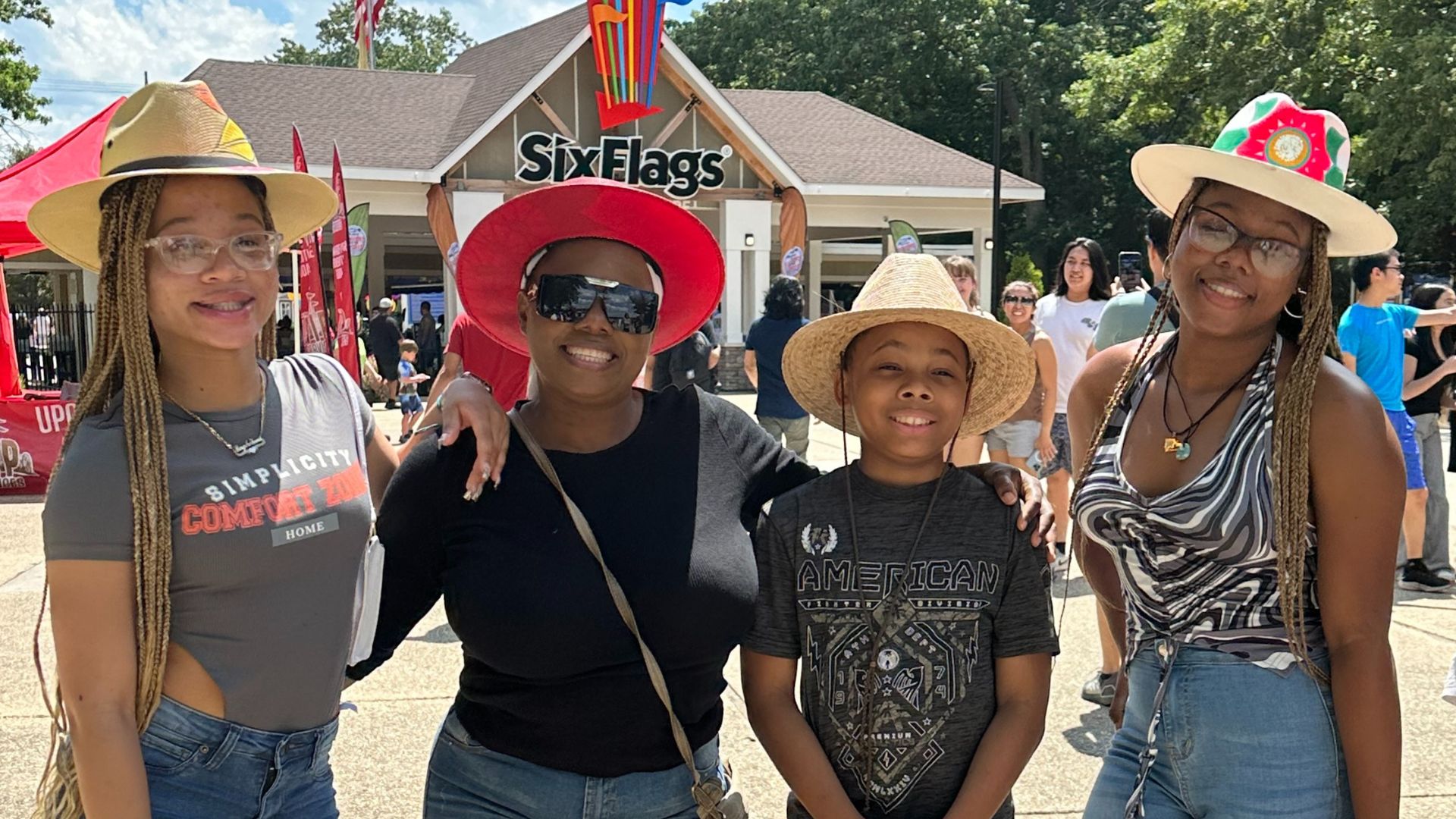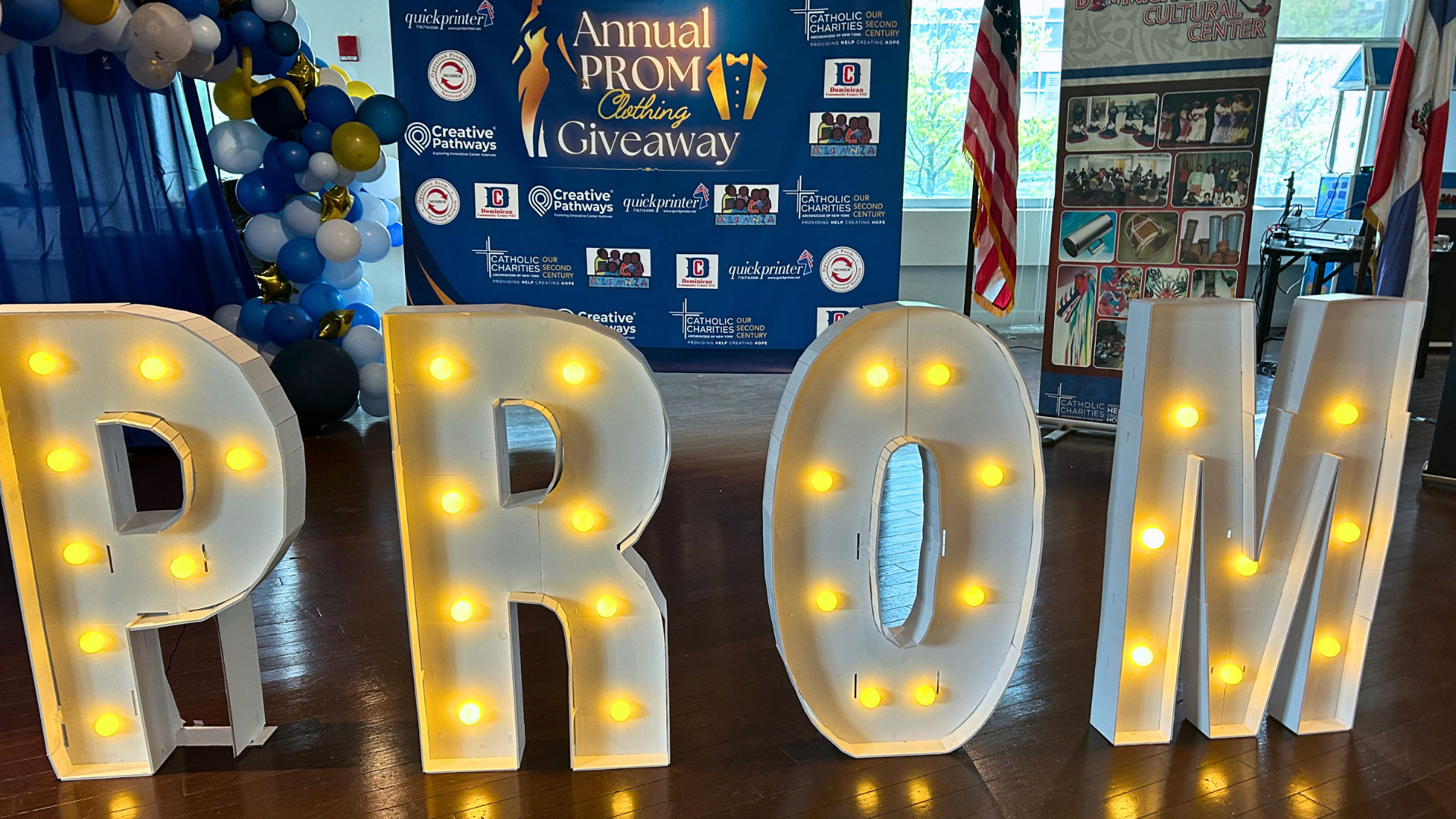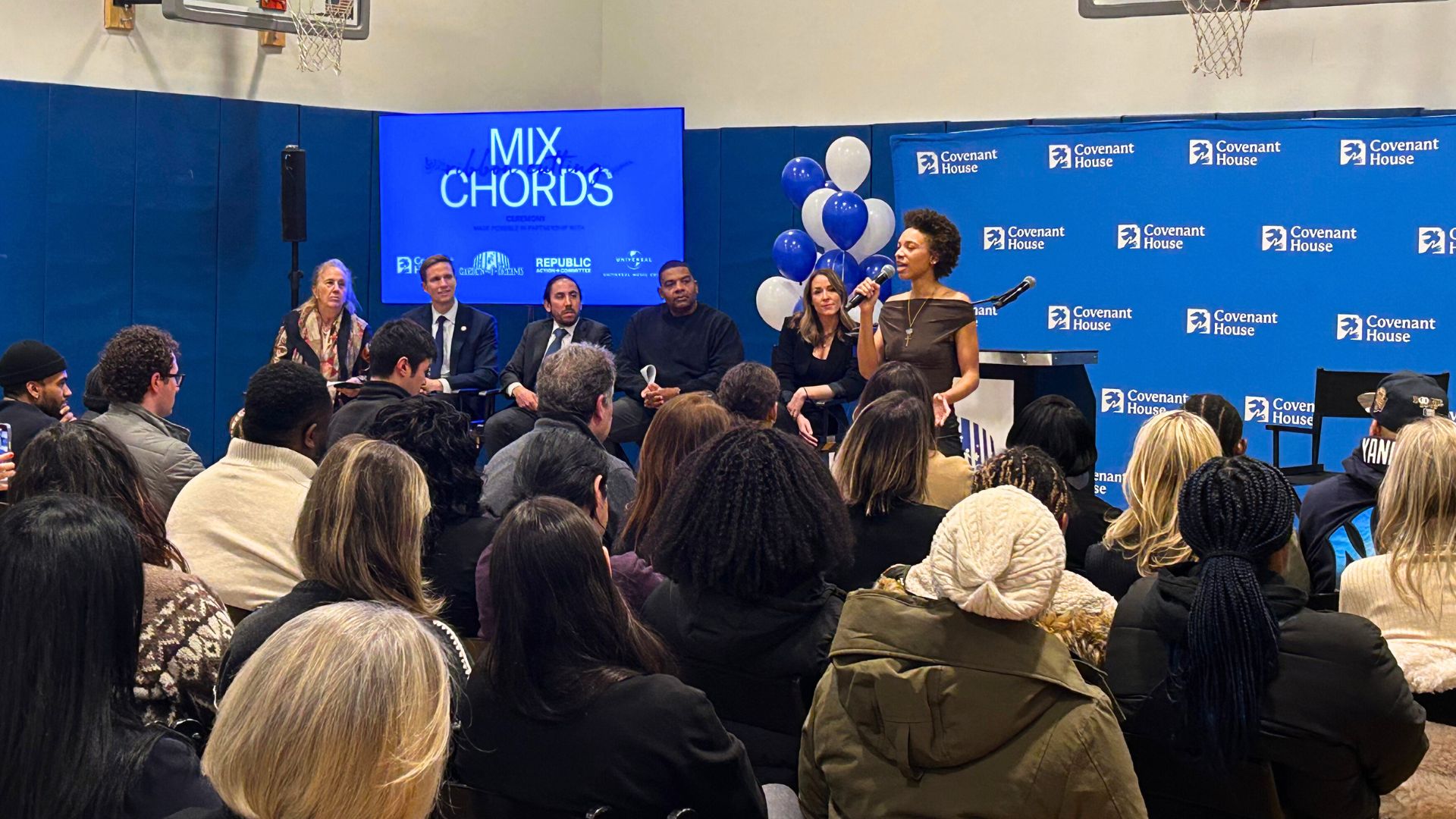You generally can’t pick out the homeless teens as you bustle about your day. They’re pretty good at hiding it. They pretend they still live in the area where they attend school, but in reality, they may be taking two subways from a shelter in Brooklyn where they’re sleeping. These teens may even be friends with your teen at school. Maybe you’ve heard them ask for extra when snacks are passed around – those snacks might be their family dinner.
THE VITAL ROLE OF ALIANZA
More than 114,000 students in New York City public schools are homeless, according to a report from Advocates for Children. “Over the past decade, the number of students who are homeless has increased by 70 percent,” said Randi Levine, Policy Director for the organization.
Eddie Silverio, Director of Youth Services for Catholic Charities Community Services says, “At the majority of schools, 20 percent of kids are living doubled up, with two families in one small apartment, and about 18 to 30 percent are in shelters”. He has been instrumental in steering Alianza Dominicana for 31 years. When there is nothing to go home to, many of these homeless kids might turn to the lure of the streets in the empty hours after school. That’s why Catholic Charities of New York offers “Alianza”, safe, high-quality after-school and summer programs in low-income Bronx and Manhattan neighborhoods.
WHAT HOMELESS CHILDREN FACE
Silverio remembers one young man, age 13, a student from Washington Heights who recently disclosed to Alianza staff that his stepfather was abusing his mother and younger siblings. The staff intervened and got the wheels turning. Ultimately, the young man, his mother and siblings, moved into safe housing.
Food insecurity was also a pressing issue for the teen, and is common among Alianza participants, Silverio said. “Everything we gave this young man, from a Snickers bar to a pizza, he was asking for more to bring home to his family. We were able to provide groceries for them through our food pantry.”
“All our pantries are full,” Silverio added. “About 70 percent of my parents are working parents, so grandmas or aunties often come get the food on their behalf.” At the MOSAIC Beacon location in the Bronx, 400 families get groceries twice a month.
Alianza also supplements pantry-visits by dispensing Visa gift cards for $25 to $75 so families can buy dinner (families are required to submit receipts for verification). Families also receive funds to buy items such as meat, milk and eggs, which are perishable so cannot be stocked by the pantry.
“These parents work hard but don’t have extra money. If they have to buy a pair of eyeglasses, there is some other bill that doesn’t get paid that month,” Silverio said. With such fragile economic balance, the pantry assistance takes off a lot of pressure.
SIGNS OF DISTRESS
So, if you and I can’t tell if a teen is homeless, how can Silverio tell?
“It’s rarely the case that parents or kids let us know. They don’t know how to ask for help, and they don’t give up this information quickly.” However, the school observes if a child comes in late repeatedly or can find out if they share information with a tutor or friends. But it’s usually not that simple.
“They get to school on time. A kid takes an early train ride of over an hour and walks blocks just to arrive at his old apartment,” said Silverio. “It is so important for him to make it look like he walked from the neighborhood. Kids don’t want to be made fun of or teased because they are homeless”.
One way you can tell if you look closely enough is laundry. With nowhere to do laundry these kids often have soiled clothing. That is why Alianza partnered with PS 132 to install laundry machines, so kids can bring their laundry to school and it will get done for them by aides while they attend classes. You can read more about that here[LINK TO LAUNDRY MACHINES ARTICLE].
Many Alianza participants are in foster care, or their parents are incarcerated or have substance abuse problems. Whatever the cause of their challenges, Alianza is there to help these kids navigate tough transitional times.
For more information about Alianza programs, call 1-888-744-7900. It will be a step to help stop the cycle of poverty for our most important resource, our children, by empowering them with education, confidence and life skills.


